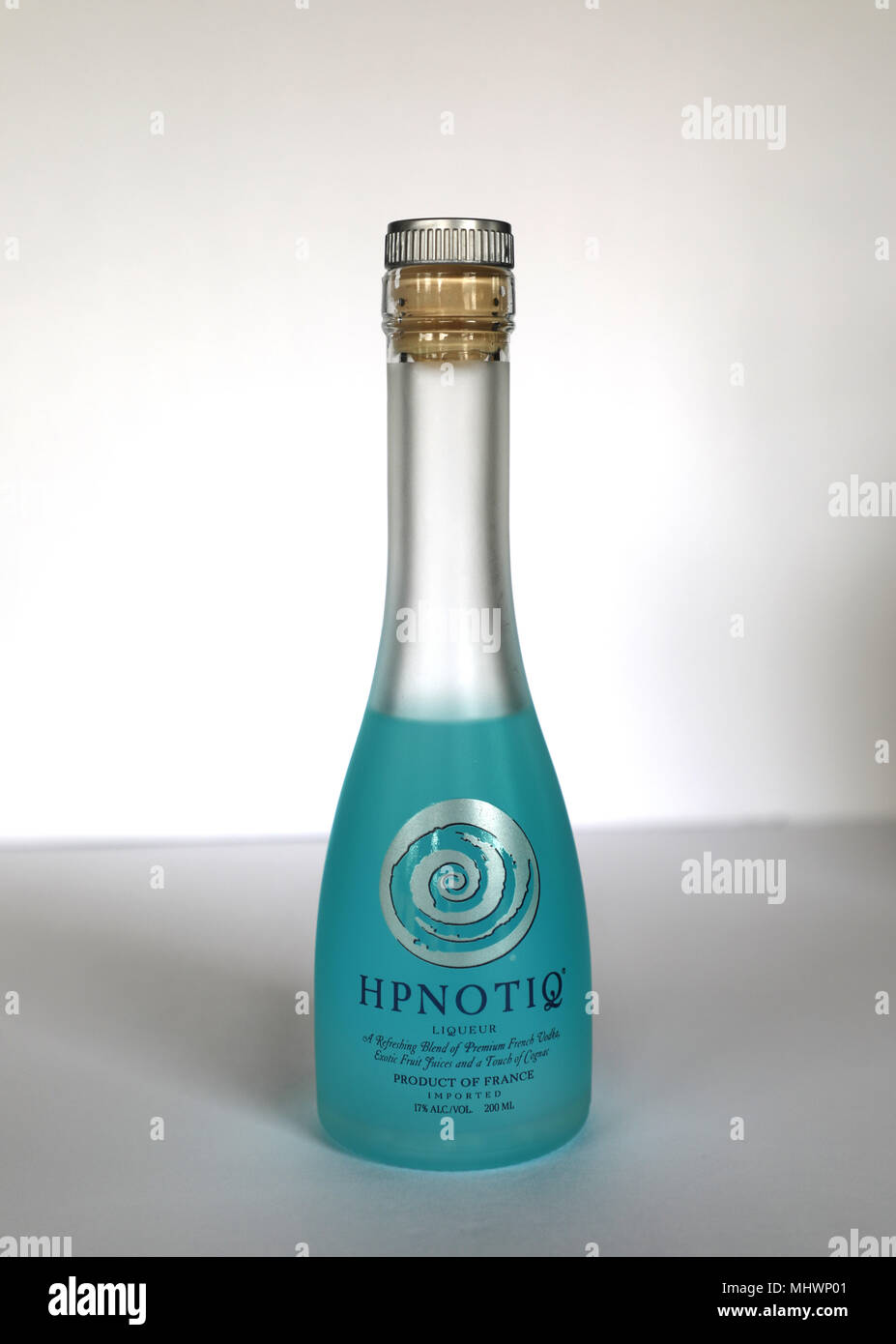
For you to become a mixologist you need a good understanding of the different ingredients, and their interactions. Moreover, you should be able create your own original recipes that reflect your tastes and style.
Mixology schools are available to start your cocktail making career. Some offer purely online courses while others are focused on in-person training. You can meet other students in person and learn from different instructors.
Certification to be a mixologist
You can pursue certification as a mixologist through organizations like the United States Bartenders Guild and the Better Business Bureau. You can demonstrate your skills and knowledge in the industry, making you more appealing to employers. In addition, certification can open up new opportunities for career advancement, such as promotions or management roles.

How to Become A Certified Mixologist
First, obtain a bartending certificate or associate degree. Bartending is a highly competitive industry, and certification can give you an edge over other applicants. Gaining experience as a professional bartender can be gained through training on the job and by working in bars, restaurants or at private events.
Get Experience as a Mixologist
For you to be an excellent mixologist, it is important that you have experience in this industry. This can be done through on-thejob training, bartending experience and attending events. You will gain invaluable experience by working with mixologists.
What is Your Personal Mixologist Style?
You must perfect your mixing technique to develop your own personal style as mixologist. For a unique taste, it is important to experiment with various liquors, fruit syrups, bitters and fruits. You must be able serve and make all types of drinks from contemporary to traditional, and create your own signature cocktail.
Licensed Mixologist
You must hold a bachelor’s degree in hospitality or a closely related field to become a licensed Mixologist. It will also help you develop management and leadership abilities necessary for running a bar or restaurant. This will give you business skills to help you create budgets, forecast staffing requirements and plan inventory.

Mixologists who are licensed can work in high-end restaurants or bars as mixologists, but they also have the opportunity to teach bartenders. It is an excellent way to grow your career and develop your skills.
Masterclasses can be an affordable way to acquire knowledge. The 17-session class teaches both classic and modern cocktail recipes with two of the best mixologists. Marrero, Chetiyawardana and other mixologists share their knowledge in short segments that cover practical tips on how to make a variety mixed drinks.
Certified mixologists can work in a variety of settings from bars, restaurants and cruise ships to luxury resorts and luxury hotels. The typical mixologist earns a combination hourly wage and tips. The pay ranges from over $70,000 to $32,440 a year, depending on the location.
FAQ
How can I learn to make cocktails?
There is no right answer. You'll need to experiment until you find what works best for you.
However, there are some important things to remember when making cocktails.
-
Many recipes will require ingredients such as lemon juice or orange juice. These ingredients may not be interchangeable.
-
Certain recipes may require certain types of glassware. You should research which glasses will work with your beverage before you purchase anything.
-
Always add ice to cocktails. Next, pour the liquid over the Ice.
-
Always shake well Shaking will aerate the mixture and give you a more flavorful drink.
-
Garnishes are also important! Garnishes are a great way to bring everything together.
-
When possible, use fresh herbs. Fresh herbs taste much better than dried ones.
-
Try different flavors. Different fruits, spices, and herbs make wonderful additions to your favorite beverages.
-
Try out different alcohols. There are many kinds of spirits. Each type has its own distinctive flavor.
-
Mixing drinks can be fun. You can mix up great drinks if you just follow the rules.
-
Do not be afraid of asking questions. Most bars and restaurants are open to sharing their knowledge.
Mixing drinks is a popular activity.
Mixing drinks is a great way to try new flavors. You can make your own recipes and try out new combinations.
What purpose is a shot glasses used for?
Shot glasses are small cups used for serving shots of liquor. They can measure 1/2 ounce, 1/4 and 1/8 ounces respectively.
Statistics
- You can simply follow the rule of thumb: $1/beer or wine, $2/ cocktail, and 10-20% for large tabs. (alembicbar.com)
- its content makes it 10.5%, which is far less than wine. (breakingtheboredom.com)
- majority of pineapple juice and Malibu rum is only 21% alcohol content. (breakingtheboredom.com)
- The tequila should be 100 percent agave, not the cheaper “mixto” products, which blend a minimum of 51 percent agave with other sugars. (cooking.nytimes.com)
External Links
How To
How to order drinks at a bar without embarrassing yourself
Although there are many ways to order drinks at a local bar, you need to be able to identify the drink you desire before you approach the counter. If you don't know what drink you want, then you should ask your server how they would recommend ordering it. This will ensure that you don't feel embarrassed asking your server for suggestions.
This involves talking with your server to tell them what type you want. You could say, "I would like a glass beer." Next, tell the server what kind of beer it is. You could, for instance, say that you would like Budweiser. Next, tell the server how big you'd like it to be (e.g. medium, large). When you're done, he/she will give you the correct price, and you'll never feel awkward again!